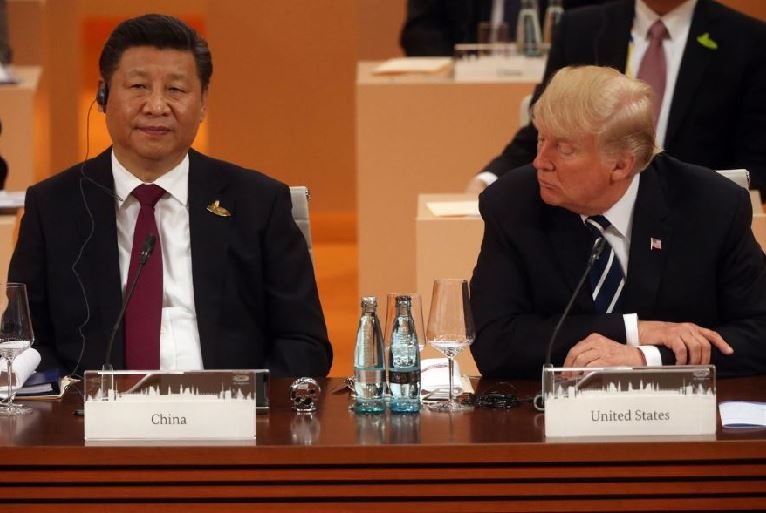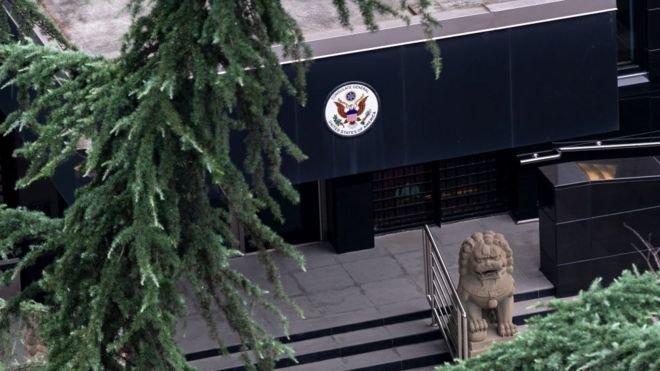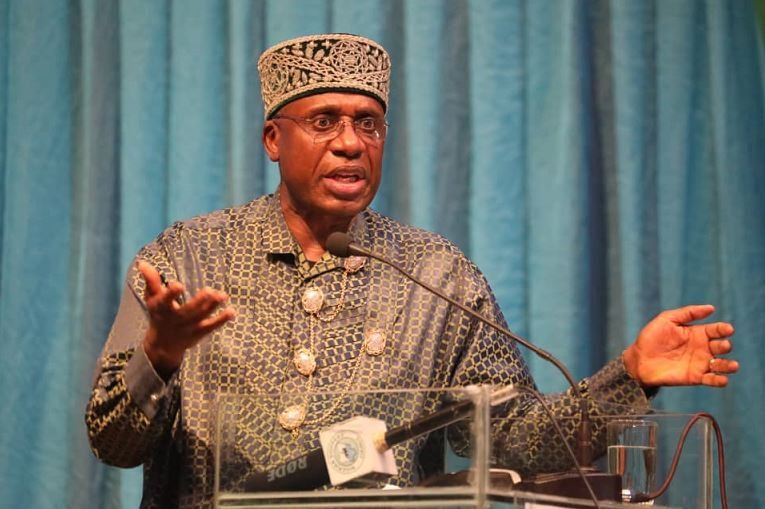China has ordered the closure of the US consulate in the south-western city of Chengdu, the latest in a tit-for-tat escalation between the two countries.
China said the move was a “necessary response” to the US, who ordered China to close its consulate in Houston earlier this week.
Secretary of State Mike Pompeo said the US decision was taken because China was “stealing” intellectual property.
Tensions have been rising between the US and China over several key issues.
President Donald Trump’s administration has clashed repeatedly with Beijing over trade and the coronavirus pandemic, as well as China’s imposition of a controversial new security law in Hong Kong.
What has China said?
China’s foreign ministry said the closure was a “legitimate and necessary response to the unreasonable actions taken by the United States”, in a statement.
“The current situation between China and the United States is something China does not want to see, and the US bears all responsibility for that.”
The US consulate in Chengdu, which was established in 1985 and currently has more than 200 members of staff, is strategically important because of its proximity to the autonomous regionof Tibet, correspondents say.
Why did the US order the Chinese consulate to close?
On Tuesday, the US government informed China that it had to close its consulate in Houston, Texas, by the end of the week.
That evening, unidentified individuals were filmed burning paper in bins in the Houston building’s courtyard.
Mr Pompeo said the US decision was taken because China was stealing “not just American intellectual property… but European intellectual property too… costing hundreds of thousands of jobs”.
“We are setting out clear expectations for how the Chinese Communist Party is going to behave. And when they don’t, we’re going to take actions,” he said.
The Chinese consulate in Houston was one of five in the US, along with the embassy in Washington DC. It was not clear why it was singled out.
China reacted with anger, with its foreign ministry spokeswoman saying the reasons given by the US for closing the consulate were “unbelievably ridiculous”.
Hua Chunying urged the US to reverse its “erroneous decision”, or China would “react with firm countermeasures”.
What is stoking tensions between China and US?

There are a number of things at play. Firstly, US officials have blamed China for the global spread of Covid-19. More specifically, President Trump has alleged that the virus originated from a Chinese laboratory, despite his own intelligence officers saying it “was not manmade or genetically modified”.
The US and China have also been locked in a tariff war since 2018.
Mr Trump has long accused China of unfair trading practices and intellectual property theft, but in Beijing there is a perception that the US is trying to curb its rise as a global economic power.
And the latest issue has been China’s imposition of a sweeping new national security law in Hong Kong. The imposition of this law led the US to revoke the region’s preferential economic treatment.
Mr Trump has also signed a law to impose sanctions on officials who cracked down on rights.
Beijing accused the US of “gross interference” in its domestic affairs, promising it would retaliate.











